Skin cancer is the most common type of cancer worldwide, and sun exposure is known to be one of the main risk factors for developing skin cancers. Melanin pigment gives our hair, eyes, and skin their color, and it also shields skin cells from the carcinogenic effects of sun exposure. Combining just one enzyme (tyrosinase) and two substrates (oxygen and tyrosine) in the lab results in the generation of melanin—yet we know that dozens of other proteins affect pigmentation in humans. How does a process that requires so few components in vitro utilize these other factors in the human body? Dr. Adelmann’s work focuses on the cellular and biochemical contributors to human pigmentation, a clearer understanding of which will facilitate chemopreventative interventions for skin cancer that manipulate or mimic the anti-cancer properties of pigmentation. Dr. Adelmann received his PhD from Massachusetts Institute of Technology and his BA from Rice University.
Skin Cancer
Current Projects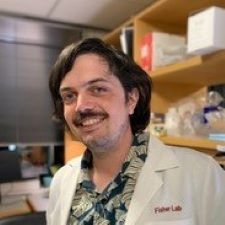
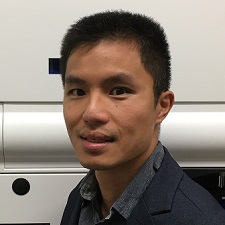
Immune checkpoint inhibitors (ICI), like anti-PD-1 therapy (αPD-1), have transformed clinical oncology by inducing long-term remissions, even in metastatic disease. However, fewer than 40% of cancer patients achieve such long-term remission with αPD-1, and immune-related toxicity limits more aggressive combined approaches, such as anti-PD1 and anti-CTLA-4 therapy. The question remains why a large portion of the immune response generated by combination immunotherapy is directed towards toxicity rather than anti-tumor immunity. A better understanding of the T-cell response to ICI is needed to develop safer and more effective treatment strategies. In humans, CD8+ T-cells are responsible for anti-tumor immunity. Dr. Huang is investigating the immune responses of different types of CD8+ T-cells to αPD-1 and whether they play a role in determining clinical efficacy and immune toxicity.

Gene expression is a complex process, and sometimes mistakes are made, resulting in the generation of aberrant or “junk” RNAs. Dr. Insco previously discovered that cellular failure to “clean up” this junk RNA can contribute to the development and progression of melanoma. Her work is now focused on targeting aberrant RNA to treat cancer. First, she will identify compounds that specifically target melanomas that are unable to clean up their junk RNAs. Second, she will investigate how immune cells can be activated to attack melanoma cells that have high levels of aberrant RNAs. Many advances in our understanding of RNA biology over the last four decades have resulted in new therapies for patients. As this area of RNA biology is almost completely unexplored, Dr. Insco anticipates that studying mechanisms of aberrant RNA oncogenesis will reveal new therapeutic strategies for patients.
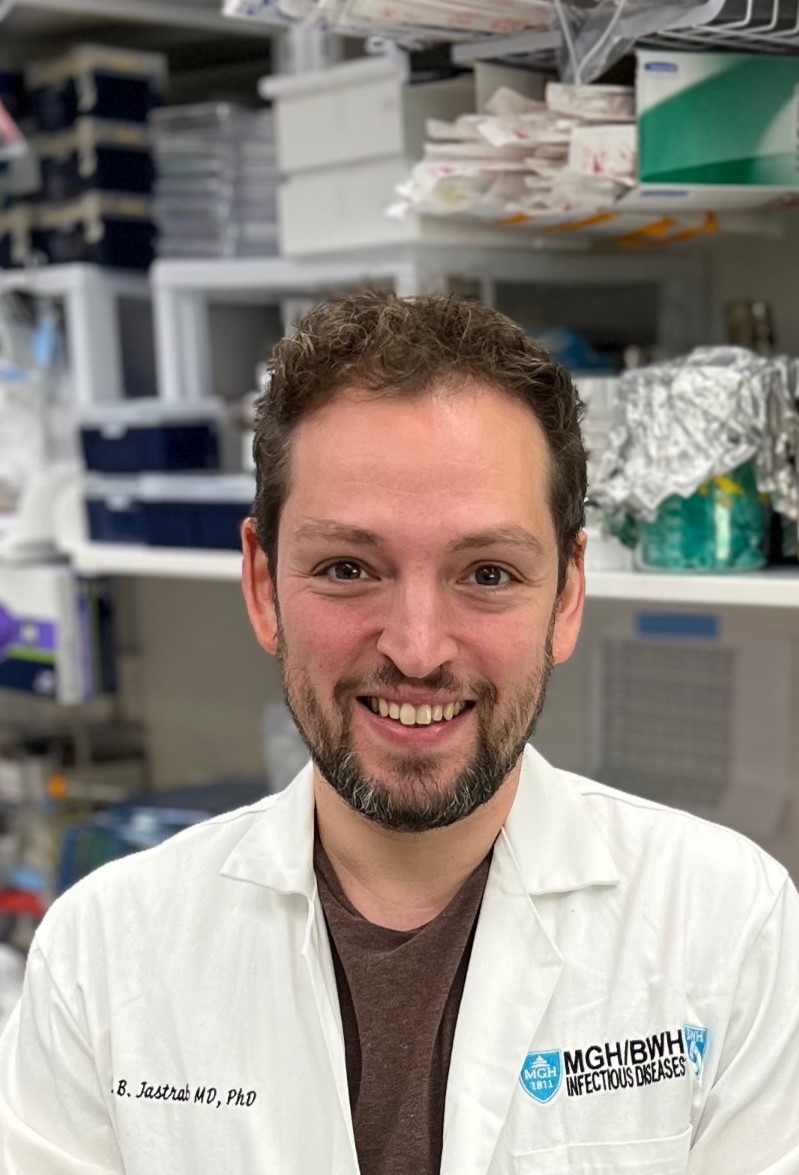
Immune cells called macrophages can swallow bacteria and contain them in membrane-bound compartments called phagosomes. From inside the phagosome, some bacteria stimulate immune pathways in the cytosol, but it is unclear how immune signals are transmitted across the membrane from the phagosome into the cytosol. To investigate, Dr. Jastrab [Robert Black Fellow] has developed a macrophage infection model using mutants of the bacterium Staphylococcus aureus that stimulate an immune complex in the cytosol called the inflammasome. He aims to identify the host and microbial pathways that facilitate activation of the inflammasome during infection. Because the activation of cytosolic immune receptors by phagosomal bacteria may be important in protection against colorectal cancer, Dr. Jastrab’s work aims to elucidate pathways that may be manipulated to prevent tumorigenesis and enhance anti-tumor immunity. Dr. Jastrab received his MD, PhD from New York University School of Medicine, New York and his BS from Tufts University, Medford.

Cutaneous squamous cell carcinoma (cSCC) is the second most common cancer in the U.S. While most cases are caught early and cured with excision, this cancer is more aggressive in the organ transplant recipient (OTR) population, with higher rates of recurrence and metastasis. Treatment options are severely limited in these cases. OTRs require immunosuppression, which is linked to cSCC aggression, but the underlying molecular and cellular mechanisms are poorly understood. Dr. Ji has discovered an invasive cSCC subpopulation that communicates with non-malignant cell types in the tumor’s environment. By profiling OTR tumors using cutting-edge single-cell and spatial technologies, he aims to better understand how this harmful subpopulation emerges in the immunosuppressed setting, aided by crosstalk with these neighboring cells. His goal is to develop strategies for disabling invasion and improving treatment of cSCC in both OTRs and advanced cases in the general population.
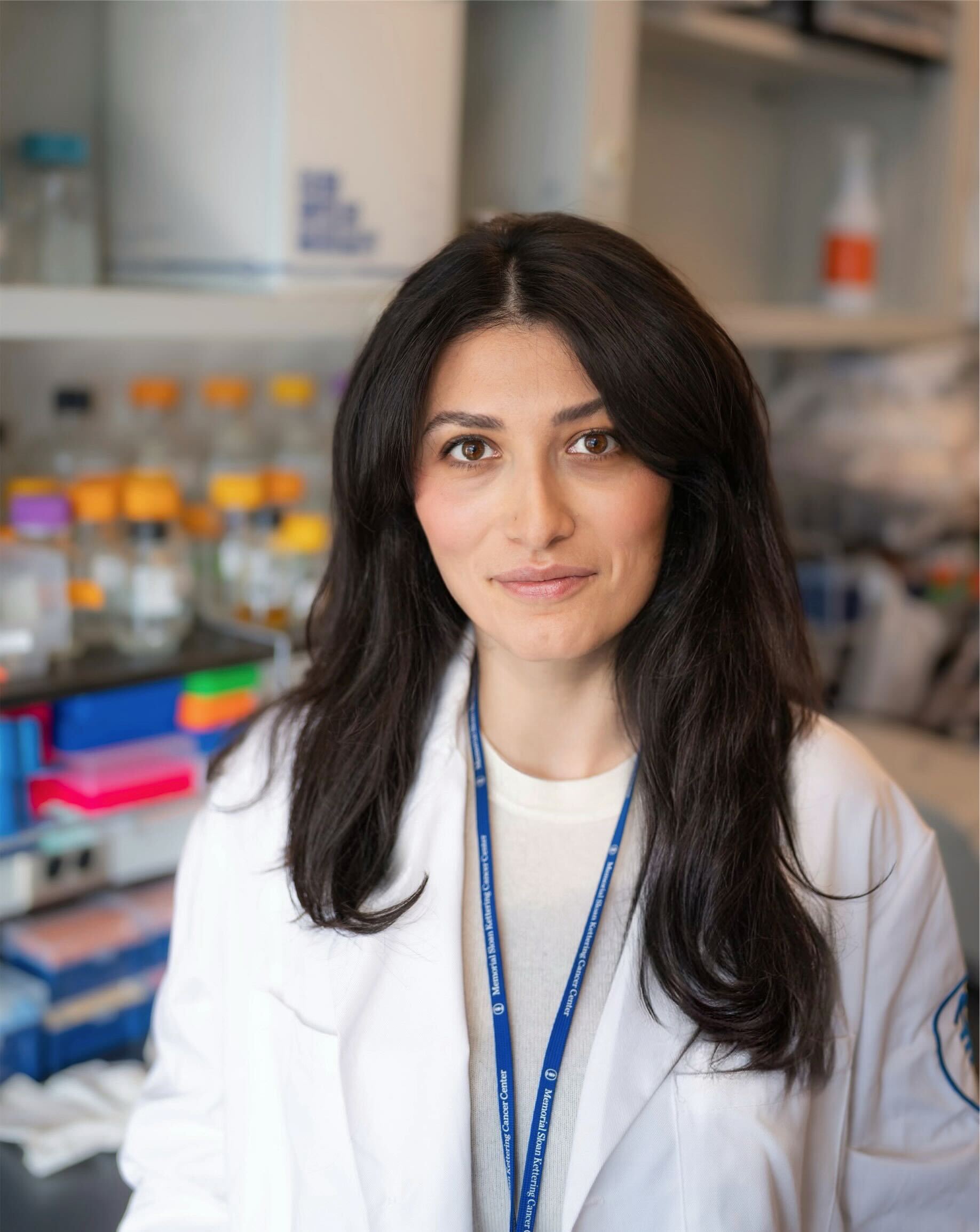
Mitochondria harbor independent genetic material known as mitochondrial DNA (mtDNA). This compact, circular molecule encodes proteins essential for the assembly of the mitochondrial electron transport chain to generate energy in form of ATP. Like nuclear DNA, mtDNA is susceptible to damage and mutations. One of the most common disease-causing aberrations of mtDNA is termed “common deletion.” This aberration disrupts mitochondrial function, resulting in neuromuscular diseases and potentially certain cancers, including colorectal cancer. Due to a lack of tools to modify the mitochondrial genome, researchers currently do not understand the mechanisms behind common deletion. Dr. Kavlashvili [Timmerman Traverse Fellow] aims to investigate by using cutting-edge molecular biology tools to edit and visualize mtDNA genomes. She will then be poised to unravel impacts of this deletion on various tissues, in order to ultimately mitigate its pathological impact. Dr. Kavlashvili received her PhD from Vanderbilt University, Nashville and her BS from University of Iowa, Iowa City.
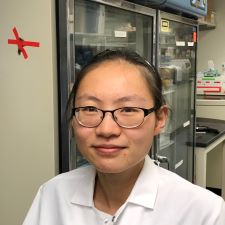
Dr. Li [The Mark Foundation for Cancer Research Fellow] studies signaling events regulating the competition between cells carrying cancer-causing mutations and normal cells during cancer initiation. Previous studies have shown that intercellular signaling between mutant and normal cells could regulate the proliferation of these cells and shape the outcome of cancer initiation. Dr. Li is adapting novel tools to identify what molecular cues are mediating this crosstalk and how they contribute to cancer growth in mouse skin. Understanding these events may guide the development of cancer prevention strategies that restrict the early expansion of mutant cell lines in skin and other tissues. Dr. Li received her PhD from Duke University and her BS from Tsinghua University.
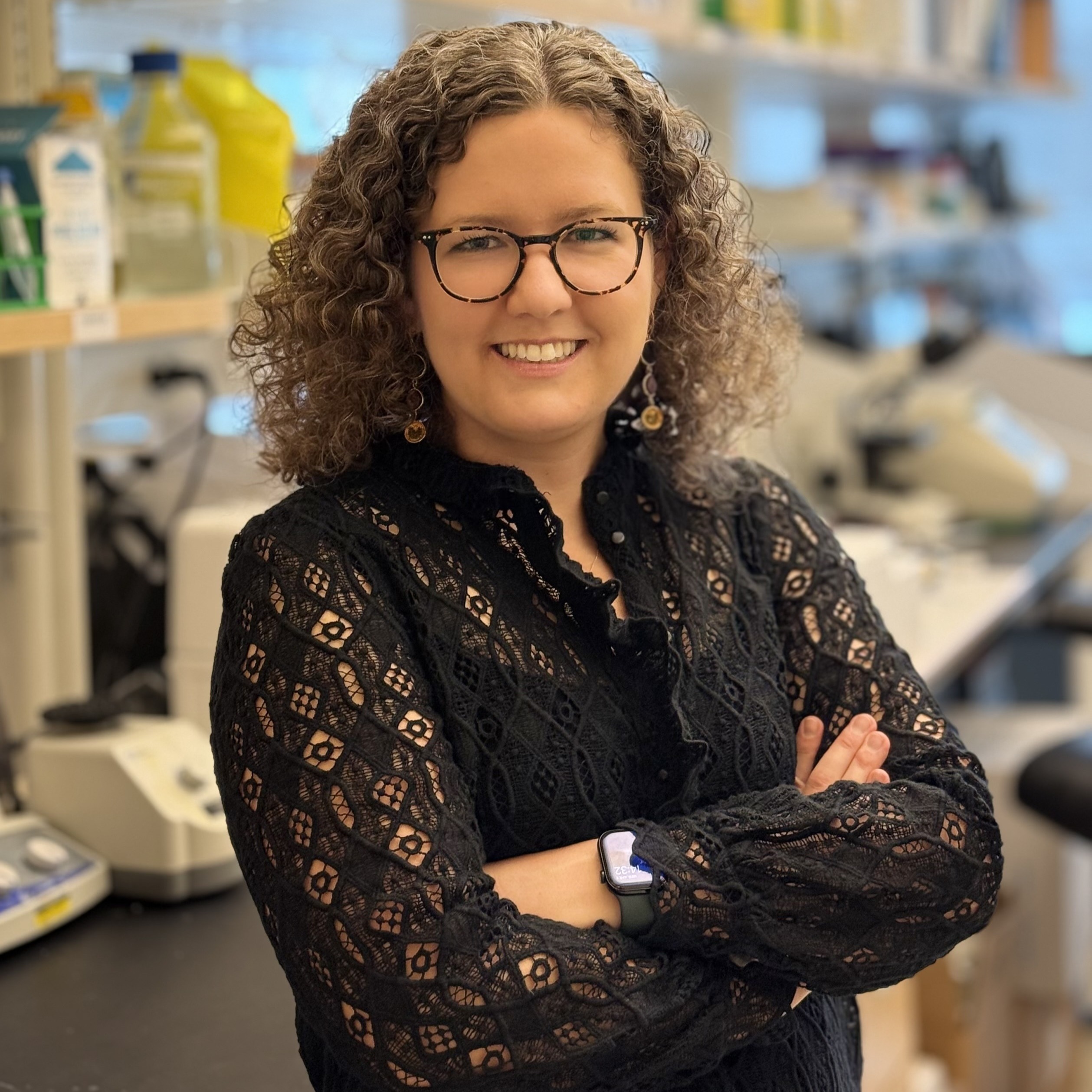
Dr. Rojek’s research aims to identify why cellular therapies, such as CAR T cells and tumor-infiltrating lymphocytes (TILs), confer long-lasting responses for some cancer patients while others only experience transient clinical benefit. CAR T therapies have transformed the treatment landscape for patients with blood cancers, and TILs have entered wider clinical practice to treat melanoma patients. Dr. Rojek aims to identify the genetic and epigenetic differences in CAR T cells and TILs that are associated with long-lasting versus transient responses. She is also investigating how to promote “memory” formation in CAR T cells, with the goal of translating these findings to early phase trials of cellular therapies for patients with lymphoma or melanoma.

T lymphocytes, an important component of the immune system, recognize infected or cancerous cells with great specificity, ensuring targeted elimination. These potent cells are kept in check by regulatory T cells, the guardians of the immune system. While essential for curtailing excessive inflammation and preventing autoimmunity, their immunosuppressive properties can promote the development and progression of cancer. Regulatory T cells are distinguished by the presence of a protein called Foxp3, which plays a critical role in their differentiation, function and fitness. Foxp3 deficiency results in fatal autoimmune inflammatory disease, underscoring its importance for maintaining organismal health. Despite its significance, however, the reliance of regulatory T cells on Foxp3 in disease contexts like infection and cancer remains incompletely understood. Dr. Schiepers [HHMI Fellow] will study the fate and function of regulatory T cells in these settings using mouse genetics approaches and disease models of melanoma and colorectal cancer. Dr. Schiepers received his PhD from The Rockefeller University, New York and his MS and BS from Utrecht University, Utrecht.

Immunotherapy has significantly changed how lung cancer and melanoma are treated. Unfortunately, only a small percentage of patients experience long-lasting responses. Gut bacteria have emerged as a potential predictor of how patients will respond to immunotherapy and may even be adjusted to enhance the effect of immunotherapy. Dr. Shaikh aims to identify features of the gut microbiome that correlate with immunotherapy responses. She will focus on both individual bacteria as they change over the course of treatment and the metabolites made by the entire bacterial community in the colon. The goal of this project, since gut bacteria can be modified, is to develop microbiome-based treatments to be used in combination with immunotherapy to improve response rates or overcome immunotherapy resistance for patients.







